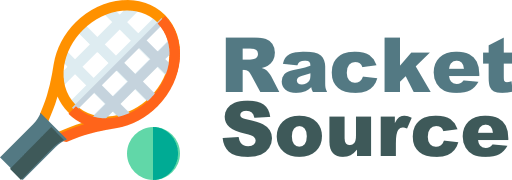There are typically 3 types of serves in racquetball:
- Drive Serve – The drive serve is meant to be hit as low and as hard as possible. …
- Lob Serve – The lob serve is a high arching and somewhat slow serve. …
- Z Serve – The Z serve utilizes one side wall and reverses the side of the court that the ball is initially hit into.
In respect to this, how do you serve well in racquetball?

Also, what is the most important shot in racquetball?
The most important single shot in racquetball is the ceiling ball. It can be struck from almost any place on the court, but is typically hit from the back court.
Who serves first in racquetball?
Is racquetball a dying sport?
As of now, racquetball in the US has no developmental structure, no junior leagues, no way for young people to get involved in the game. “The game is dying, I only play occasionally,” Lyons, a winner of more than twenty national titles added. ”LA Fitness is our only choice for courts, but they don’t allow children.
What skills are needed for racquetball?
Correcting a bad habit or fundamental part of your game is a lot harder to do than starting off with proper form and technique. We will cover some of the essential components of racquetball including: proper grip, swing mechanics, court positioning, and game theory.
Is racquetball a good workout?
Anyone who has leapt to smash a flying ball knows that racquetball is an excellent way to improve one’s physical fitness. Racquetball quickly elevates the heart rate—making it a great way for getting in the American Heart Association’s recommendation of at least 30 minutes of exercise five days a week.
What are the basic rules for racquetball?
What’s a Valid or Good Racquetball Serve?
- The serving player must make one continuous movement once they start their serve.
- The ball must bounce once in the service zone before striking it with a racquet. …
- The served ball must hit the front wall first.
- The ball must travel beyond the short line before bouncing.
What happens if you hit someone in racquetball?
Ball Hits Opponent.
If the opponent is struck by a ball which obviously did not have the velocity or direction to reach the front wall, it is not a hinder, and the player who hit the ball will lose the rally. A player who has been hit by the ball can stop play and make the call though the call must be made immediately.
